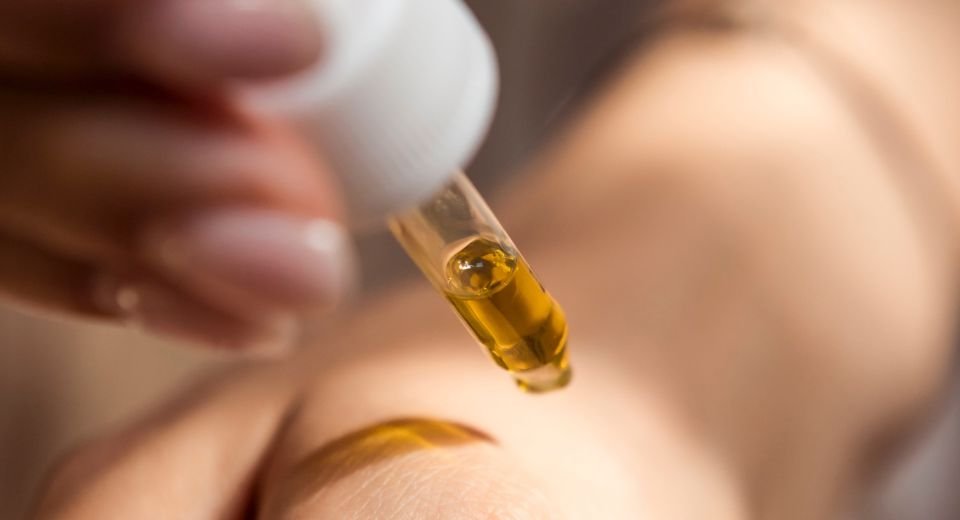HQ team
November 3, 2023: Researchers at Northwestern University have developed a synthetic melanin, a versatile pigment found in nature. This synthetic version of melanin has shown promise in preventing skin damage and expediting the healing process in tissue samples.
This “super melanin” has the potential to serve as a medical treatment for skin injuries, sunscreen, and an ingredient in anti-aging skincare products.
Melanin, a natural dark-coloured pigment, influences skin color and provides protection against harmful UV rays.
Northwestern’s journey into synthetic melanin began over a decade ago when they successfully replicated this versatile pigment in a laboratory setting. In 2020, the researchers extended their research to examine the possibilities of synthetic melanin in skin care and skin protection.:
Synthetic melanin potential
The team tested synthetic melanin on both mice and donated human skin tissue samples exposed to toxic chemicals and UV radiation. Synthetic melanin demonstrated its potential in reducing damage and accelerating the healing process, primarily by neutralizing harmful free radicals generated during exposure.
The synthetic melanin closely resembles its natural counterpart, in biodegradability and skin-friendliness. Initial experiments indicate that it doesn’t penetrate the skin when topically applied, minimizing potential safety concerns. Additionally, researchers have enhanced its effectiveness, making it an attractive option for addressing skin damage.
“Instead of the radicals damaging proteins and nucleic acids and lipids, it’s being soaked up by the melanin. That’s a natural function of melanin. But we’ve made ours spongier, so to speak, to optimize for that property,” team leader Nathan Gianneschi said.
Application
Northwestern’s groundbreaking work is currently funded by the National Institutes of Health and the U.S. Department of Defense. Beyond its potential military applications in protective clothing, the team envisions a wide range of uses. Plans include using synthetic melanin to treat radiation burns and other skin injuries and as an ingredient in sunscreens and anti-aging skincare products.
“It’s really one of those things where we didn’t go in intentionally thinking about cosmetics—we wanted to do a therapeutic approach. But all of those important mechanisms we’re seeing [from the clinical research] are the same things that you look for in an ideal profile of an anti-aging cream, if you will, or a cream that tries to repair the skin,” said co-author and researcher and dermatologist Kurt Lu,
While the journey to market readiness may take some time, Northwestern’s innovation holds tremendous promise for skin health and beyond.
Their work was published in the Nature Journal npj Regenerative Medicine.


